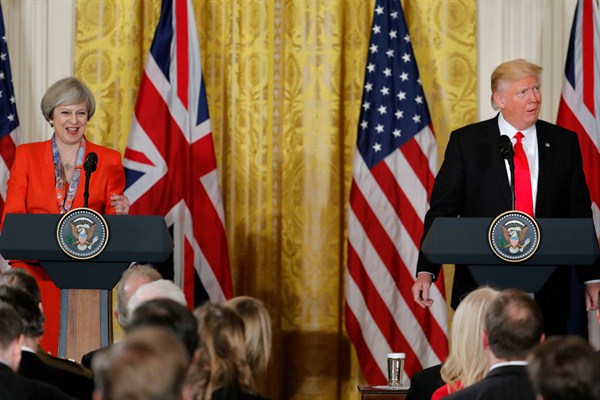In November, Nobel laureate Muhammad Yunus warned that a growing gap between the super rich and the rest of the world’s population is a “ticking time bomb” that will lead to exploitation of the poor, immigrants and minorities. There is good evidence that time is running out to keep that bomb from going off.
Economic fragility in the eurozone has fueled the rise of populist and nationalist parties in European elections since 2008. The refugee crisis confronting Europe compounded the swing. A wave of populist wins in 2016, from Brexit and Italy’s rejection of constitutional reform to the election of Donald Trump as president of the United States, further shook the establishment. In 2017, establishment parties in France, Germany and the Netherlands will face electoral battles against far-right figures in a climate of angst over the economy and security, and amid rising anti-immigrant sentiment.
Authoritarian leaders in developing countries have expressed pleasure at these trends, which they believe will lead to less foreign interventionism. Pierre Nkurunziza, the president of Burundi, which left the International Criminal Court in October while waging an authoritarian crackdown of the domestic opposition, was one of the first African leaders to congratulate Trump on his election. Autocrats in the Middle East may be hoping that the next U.S. administration will assist in putting a lid on sectarian violence while keeping quiet about their human rights records. Syrian President Bashar al-Assad voiced his willingness to work with Washington in light of Trump’s commitment to rapprochement with Russian President Vladimir Putin.

